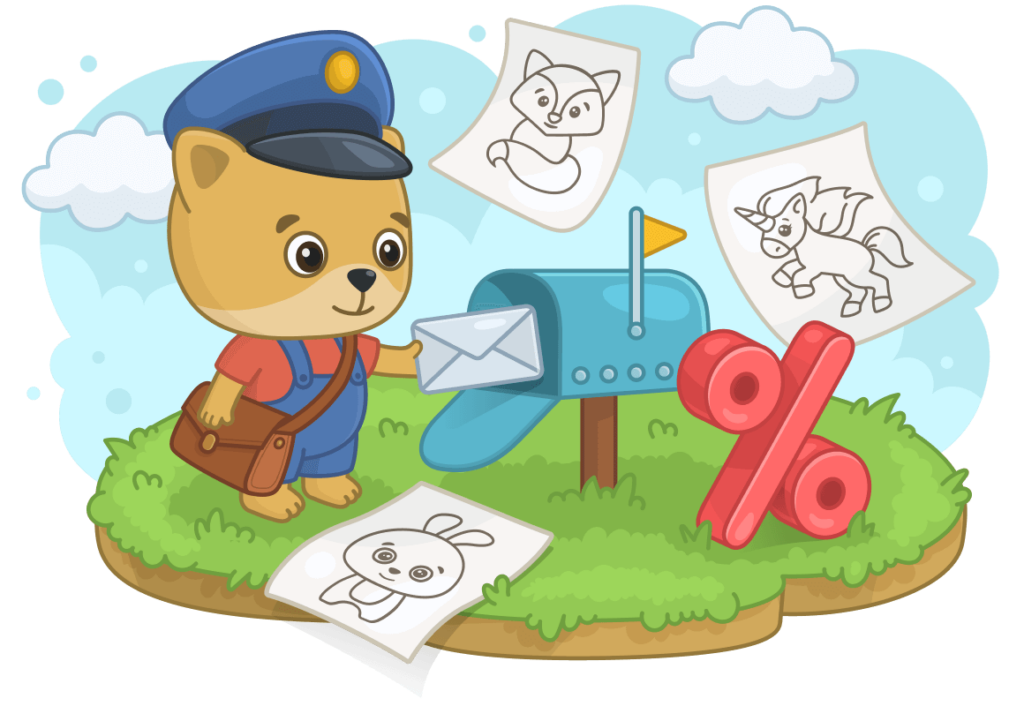Witnessing the growth and development of our children into independent individuals stands as one of the most fulfilling aspects of parenthood. Instilling a sense of self-reliance in kids is not only vital for their personal progression but also bestows enduring benefits as they approach adulthood. This article delves into why independence is important for a child, how to raise an independent child by providing valuable insights to nurture self-sufficiency and autonomy from the earliest stages.
Why is it important for a child to be independent?
The journey toward independence plays a pivotal role in a child’s life, equipping them with indispensable life skills, fostering resilience, and nurturing a healthy self-concept. Children who develop a sense of independence tend to exhibit higher levels of confidence, adept problem-solving abilities, and adaptability when confronted with novel situations. By teaching them to handle tasks independently, we lay a solid foundation for their future accomplishments.
Nurturing Autonomy in Toddlers: Early Years’ Strategies
The early years offer a prime opportunity to imbue independence. Toddlers, brimming with curiosity and energy, are at an optimal stage for learning. The subsequent strategies can effectively encourage autonomy during these formative years:
Providing Choices: Granting toddlers straightforward choices, like picking between two snacks or selecting a bedtime story, empowers them to make decisions and fosters a sense of mastery over their lives.
Facilitating Safe Exploration: Designating a secure space for exploration allows toddlers to engage in supervised, age-appropriate activities that stimulate hands-on learning and decision-making.
Routine and Responsibilities: Introducing a consistent routine offers structure, and allocating age-appropriate tasks, such as tidying up toys or setting the table, nurtures accountability.
Strategies for Fostering Independence During Growth
As children advance through developmental stages, the methods for cultivating independence evolve:
Cultivating Problem-Solving: Encouraging independent problem-solving prior to intervening helps children develop critical thinking skills and bolsters their self-assurance.
Imparting Life Skills: Gradually introducing tasks like shoelace tying, basic meal preparation, and laundry handling imparts a sense of capability and self-sufficiency.
Positive Affirmation: Recognizing and celebrating a child’s independent efforts through positive reinforcement strengthens their inclination to take initiative.
Effective Communication: Practicing active listening and participating in open discussions facilitates joint decision-making, offering guidance while respecting their perspectives.
The Significance of Nurturing an Independent Child
Fostering an independent child translates into an investment in their future. Independent children are more inclined to embrace challenges, approach setbacks with resilience, and cultivate a strong sense of accountability. Over time, they develop the ability to manage time, establish goals, and make informed choices.
In conclusion, encouraging independence in toddlers serves as a profound contribution from parents. By nurturing self-sufficiency from an early age and adapting strategies to match their growth, we equip our children with the aptitudes required to flourish as self-assured and capable individuals. As parents, let us guide them on the path to autonomy, commemorating each stride they take toward becoming self-reliant adults.





